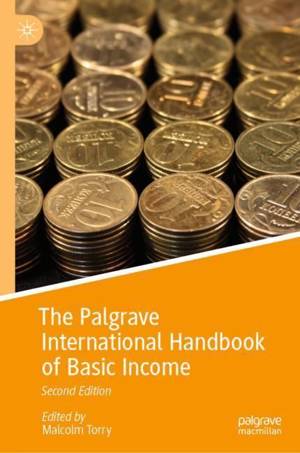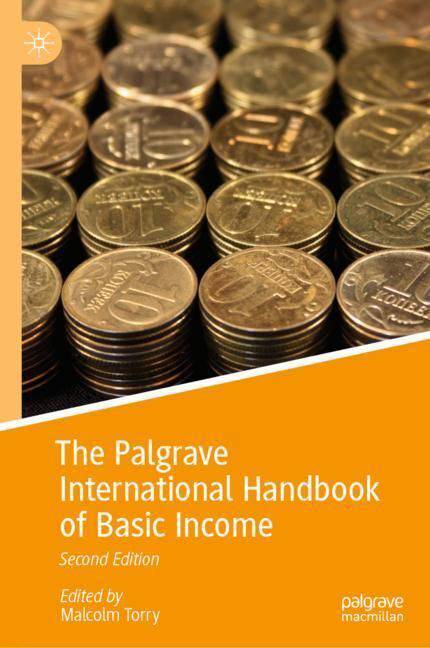
- Retrait gratuit dans votre magasin Club
- 7.000.000 titres dans notre catalogue
- Payer en toute sécurité
- Toujours un magasin près de chez vous
- Retrait gratuit dans votre magasin Club
- 7.000.000 titres dans notre catalogue
- Payer en toute sécurité
- Toujours un magasin près de chez vous
The Palgrave International Handbook of Basic Income
263,95 €
+ 527 points
Description
- Offers a comprehensive discussion of the important aspects of the Basic Income debate for academics, policymakers and interested individuals
- Assesses the effects of Basic Income schemes in 5 key areas: employment market effects, social effects, economic effects, ecological effects and gender effects
- Presents an international range of pilot projects and experiments
- Expanded second edition reflects new prominent research topics, from peacebuilding to public health
Spécifications
Parties prenantes
- Editeur:
Contenu
- Nombre de pages :
- 629
- Langue:
- Anglais
- Collection :
Caractéristiques
- EAN:
- 9783031410000
- Date de parution :
- 21-10-23
- Format:
- Livre relié
- Format numérique:
- Genaaid
- Dimensions :
- 156 mm x 234 mm
- Poids :
- 1115 g






